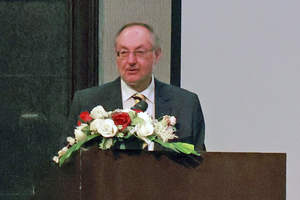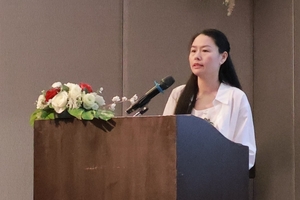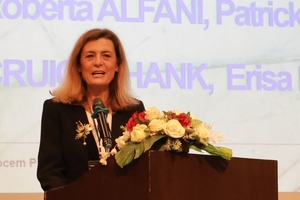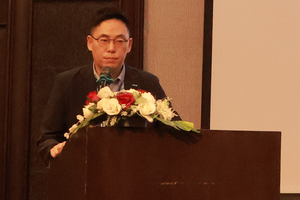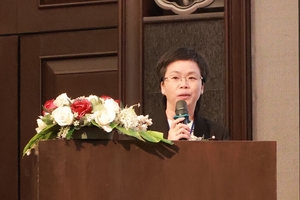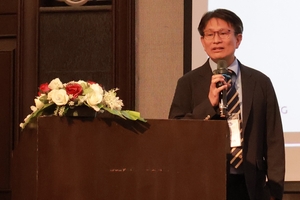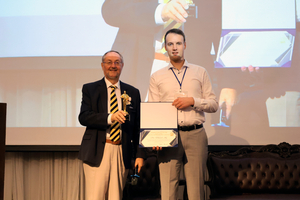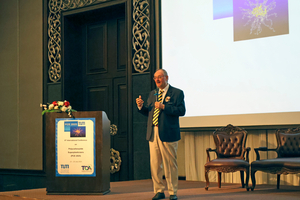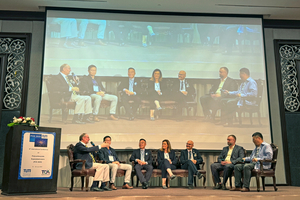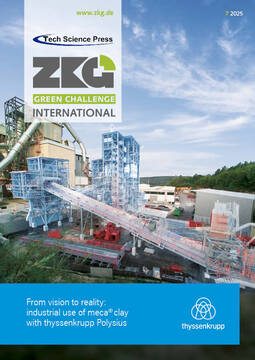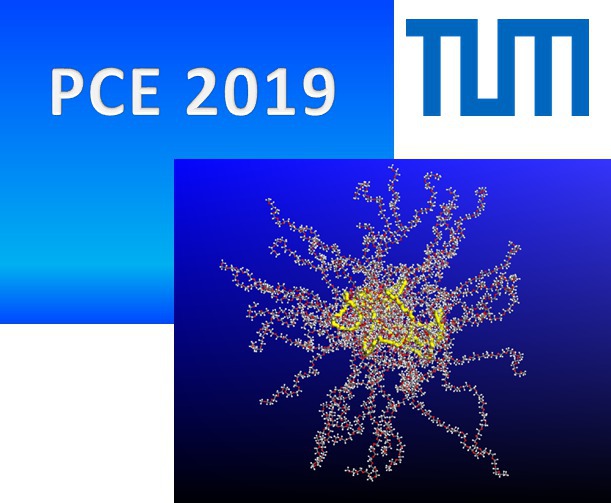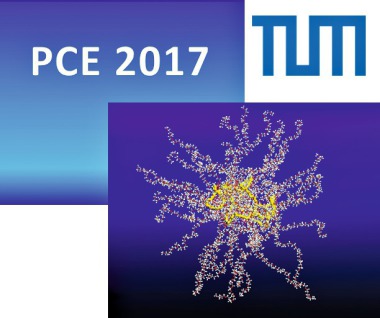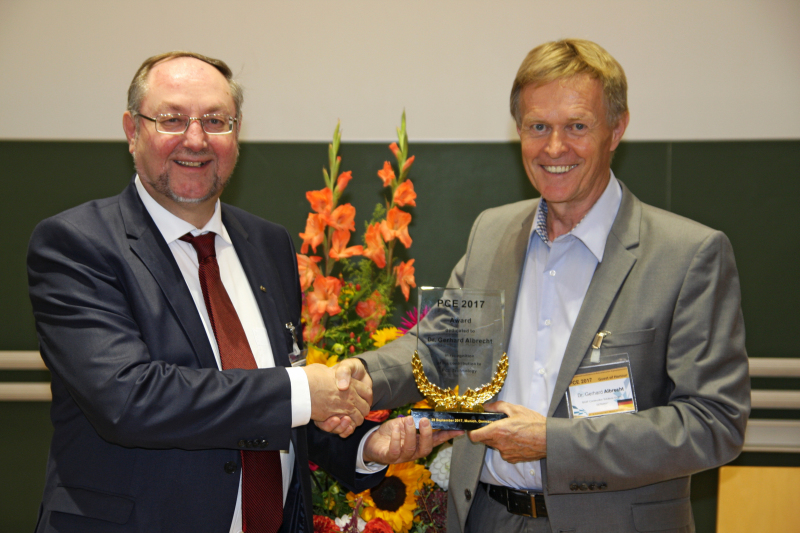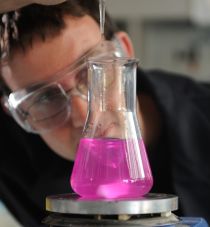PCE 2025: 6th International Conference on polycarboxylate superplasticizers
From 23 – 25 July 2025, the 6th International Conference on Polycarboxylate Superplasticizers (PCE 2025) was held at Century Park Hotel in Bangkok/Thailand, co-hosted by Prof Dr Johann Plank, Technische Universität München (TUM), and the Thai Concrete Association (TCA). The conference, attended by 170 delegates from 22 countries, provided valuable insights into the basics of PCE molecular design, high-performance applications and the key role of PCEs in the ongoing “green” transition of the cement industry to low-carbon binders, especially those formulated with diverse supplementary cementitous materials (SCMs).
The event started on 23 July with a half-day workshop focusing on chemistry, analysis and industrial production aspects of PCE polymers. After the workshop, a technical visit to CPAC ready-mix concrete plant in Bangkok was organized, where phosphate-modified superplasticizers and the superior effectiveness of the new generation of EPEG PCEs were demonstrated.
On the second day, novel synthetic methods for PCEs and global application cases from US, India, China and Russia were presented. Leading experts provided insights into these developments, while participants had opportunities to engage in discussions, explore market trends, and gain in-depth knowledge.
On the following day, the Young Researcher Award of PCE 2025 was presented to Dr Manuel Ilg (BASF Construction Additives GmbH, Trostberg, Germany) for his extraordinary contributions on admixtures to reduce the “stickiness” of concrete at low water-to-binder ratios.
In the last presentation “What comes next? The Future of PCE Technology”, Prof Plank highlighted current challenges and opportunities for PCEs, and indicated that the important next step for PCE technology is to develop a clay-tolerance PCE and PCEs optimized for “green” binders. Overall, his outlook on the PCE market was very optimistic, because low carbon cements typically require higher dosages and countries such as India enjoy a substantial market growth.
The event closed with a panel discussion on “Decarbonatization of the Cement Industry – How does this Transition Affect Admixtures?”, with representatives from Germany, China, France, Russia, India and Thailand participating in a lively discussion. Prof. Dr. Ziming Wang from Beijing University of Technology presented the Chinese approach which strongly relies on the use of SCMs from mineral and industrial waste such as coal gangue, red mud, lithium waste etc. This idea was seconded by Dr. Roberta Alfani from Ecocem Materials, France. Dr. Manasit from SCG Cement Thailand added that decarbonatization also needs to be financially attractive for cement producers. Prof Plank concluded that the optimal solution should be a win-win situation for cement manufacturers, customers (concrete producers), and the environment.
At the end of the conference it was announced that on 6 – 10 July 2026, TUM will organize and host the next TUM/ACI (formerly CANMET) conference, for the first time to be held in Munich. This conference sponsored by the American Concrete Institute (ACI) will focus on concrete admixtures and latest trends in low carbon binders. For more details, visit the website: https://aciconf.de/.

